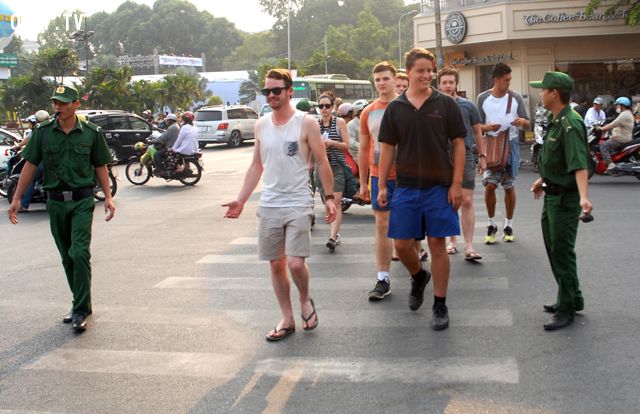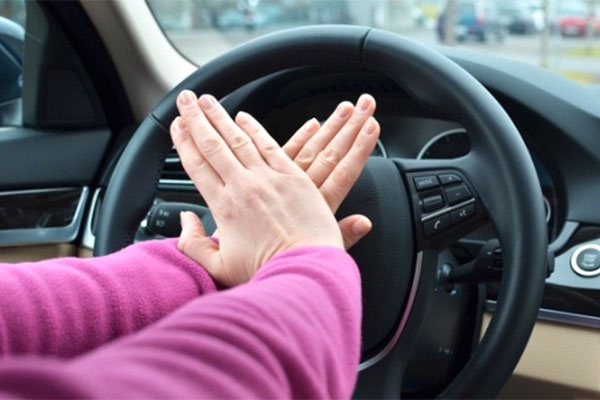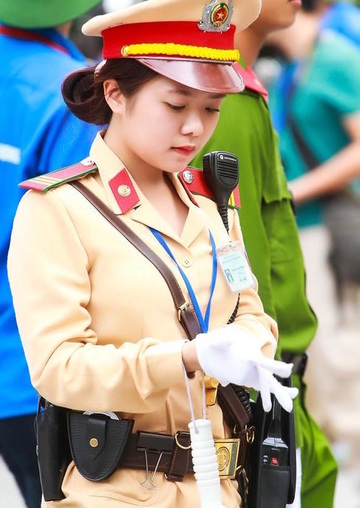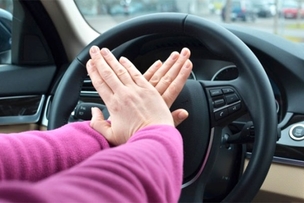Song of a thousand honks
|
One of the challenges that many expats face when living in Vietnam is the traffic. Together with food poisoning and pickpocket, traffic accident is one of the common risks that foreigners should worry about when in Vietnam. With the domination of motorbikes and common violations of the rules, traffic in Vietnam can be unfamiliar and scary to many foreigners. And it should be, because it is not rare to see people not stopping at red light, moving in the opposite direction on a one-way street or even driving their cars backward on the highway. So unfortunately, traffic in Vietnam is really chaotic and unsafe comparing to developed countries.
Traffic jam in Vietnam
Like many foreigners, you may find it extremely difficult to cross the road in Vietnam, especially in big cities where there seem to be no traffic rules at all and the flow of vehicles is non-stop. In that case, the following tips can be helpful for you:
Crossing the road can be a real challenge in Vietnam
One important thing to note here is the meaning of honking. In such countries as the US, honking has a more aggressive meaning. If you honk at someone, it means you are angry at them and that can (although rarely) lead to verbal or even physical fight. However, honking in Vietnam can have many meanings, usually less aggressive. "Hey, I'm here", honk. "Please let me pass", honk. "You are in my lane", honk. "Look out!", honk. "The light turns green now, let's go", honk. "I'm bored", honk. You can even find a fun guide to honking in Vietnam here. So yeah, honking here is normal and not as aggressive as in other countries. The downside? Extreme noise pollution coming from the honking of hundreds of vehicles at the same time.
Sometimes Vietnamese people honk just because they are bored
If you hold a driving license (car or motorbike) in your country, in most cases you can convert it into a valid Vietnamese one. It is better to do that via some sorts of agency (also known as "cò" in Vietnamese) since it will save you a lot of time and effort: paperwork in Vietnam is never ever easy. Motorbike renting (mainly scooters) are widely available with the average rate of 10 USD per day. In case you stay in the country for a long period and want to buy one, it is good to know that a scooter here will cost you around 2000 USD on average. Cars, on the other hand, are much more expensive due to the very high tax rate applied (around 100%). For example, a Mazda 3 costs around 18,000 USD in America but in Vietnam, you will need to pay approximately 36,000 USD to have it rolling on the road.
A female traffic police in her uniform
|
Key takeaways
More to read...
|



